BALTIMORE, MD — Renee, one of the female chimpanzees at The Maryland Zoo in Baltimore, was found dead in her night quarters by staff on Wednesday morning, January 29, 2014. “Renee had been given her bi-annual physical exam on Tuesday and was recovering from the procedure slowly but well under the supervision of animal care staff Tuesday afternoon,” said Dr. Ellen Bronson, senior veterinarian at the Zoo. “During her exam, we found no serious health issues.”
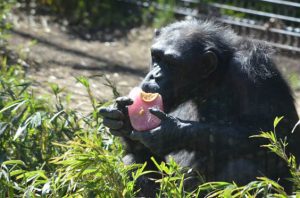
A cause of death is pending. “A necropsy (animal autopsy) will be conducted by Zoo veterinarians along with Johns Hopkins University veterinary pathologists,” continued Bronson. Necropsy findings, as well as further laboratory test results, will not be available for several weeks.
Renee, age 21, came to the Zoo from Yerkes Primate Center in Atlanta, Georgia, in 1995 as part of the first troop to move into the then-new Chimpanzee Forest. Other chimps from Yerkes included her mother Joice, the troop matriarch, Carole and Bunny, all still integral to the troop today. She also had a younger sister, Jambo, born at the Zoo in 2005 to Joice. “I would describe her as a ‘chimps chimp,’” stated Carey Ricciardone, mammal collection and conservation manager. “Renee didn’t care much for human interaction but could be very playful with zookeepers when she wanted to, on her terms. She was very smart and watchful, and was a high-ranking female in the troop. I know she will be fondly remembered by zoo staff, volunteers, and guests.”
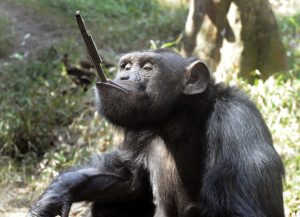
“I worked with the chimps when they first arrived in 1995 and Renee was playful, mischievous and full of life,” commented Mike McClure, general curator. “Watching her grow up has been amazing. Joice was stout and lively when she first arrived at the Zoo, and Renee grew into the spitting image of her mother. I am very saddened by her loss.”
The Zoo now has a troop of 10 chimpanzees. The Maryland Zoo in Baltimore participates in the Association of Zoos & Aquarium’s (AZA) Chimpanzee Species Survival Plan. There are approximately 275 chimps in AZA-accredited zoos in North America. In the past 30-35 years, wild chimpanzee populations have diminished to about half of what they were. Chimpanzees are endangered due to widespread habitat destruction in Africa.

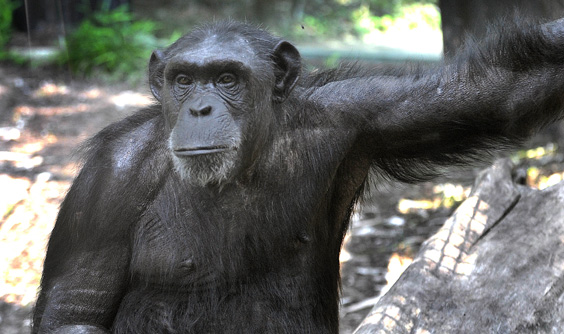
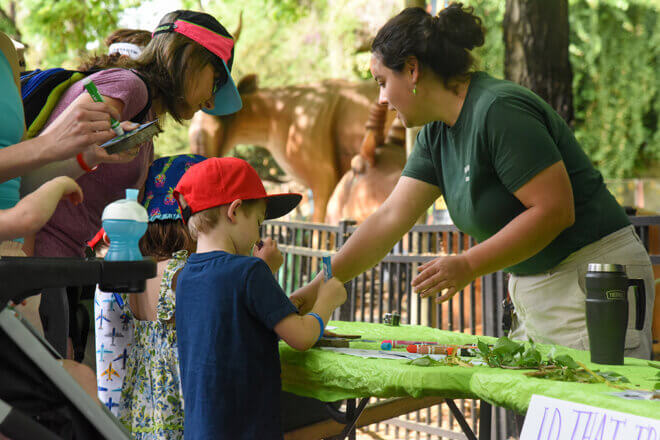
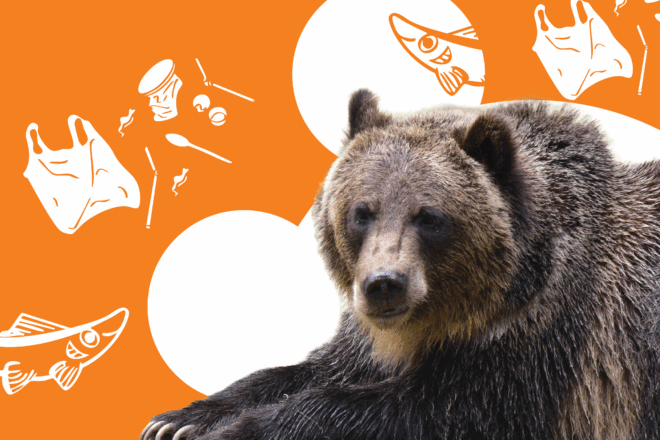
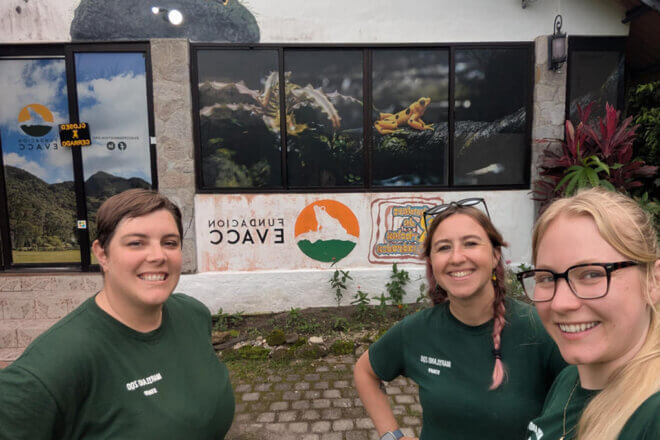
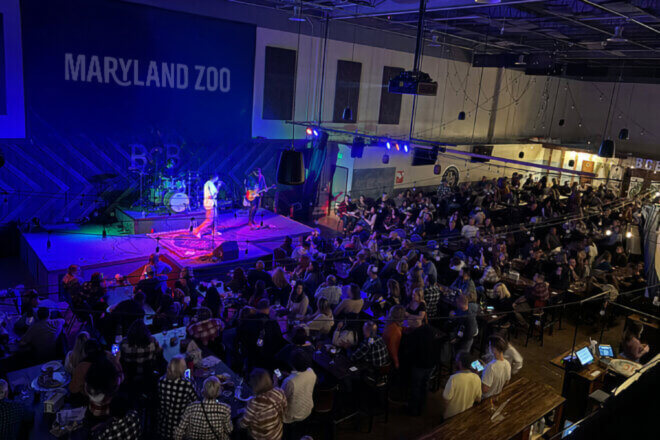
Share this article